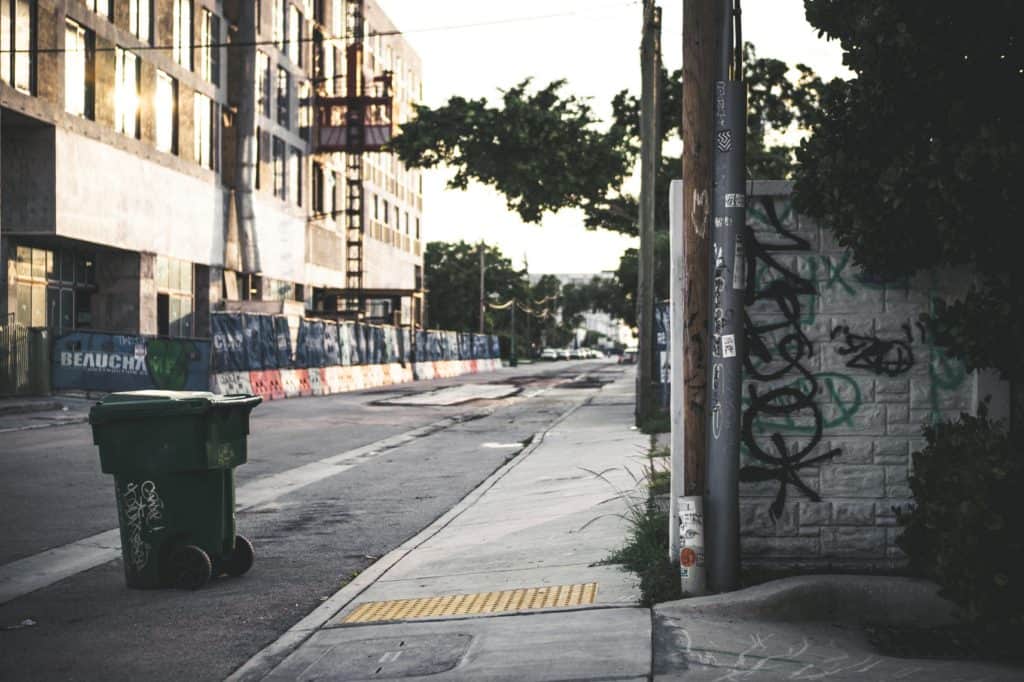“That’s easy,” is what Cornell Crews said when asked to think back to a pivotal moment in his career before passionately describing his initial shock in finding that Fifth Third Bank was caught redlining in African American communities.
“To see that banks can still get away with blatant racism in this day and age amazed me, and not in a good way,” said Crews.
Born in Washington D.C., Crews never had one place to call home while growing up; with military parents, he was never in one place for too long. He went to school to study music performance, but ended up following in his parent’s footsteps and joined the U.S. Army, where he served for 23 years.
After retiring from the army in 2000, Crews moved to Miami to take care of his mother, and found himself in need of a job. That was when he discovered a position with Partners For Self Employment Inc. (PSE), a non-profit Community Development Financial Institution. This U.S. Small Business Administration Certified Intermediary is a microlender that provides small business training, technical assistance, coaching and loans.
At the time of securing a position with PSE, Crews says that he, “knew nothing about the housing crisis going on South Florida, or about the nonprofit world in general,” and that working with them was “just a job.” He had no idea that this nonprofit work would eventually become his life.
In his 15 years with PSE, Crews served as an assistant grant writer, loan underwriter, and program director. He helped develop the organization’s extensive peer training model for serving start-up entrepreneurs and developed the organization’s technical assistance/coaching programs for seasoned business owners.
In 2015, Crews joined the Community Reinvestment Alliance of South Florida’s (CRASF) Executive Board, where his association with the organization began. When the position of Executive Director opened up, he resigned from his board position to apply.
The CRASF membership works with financial institutions, state and local organizations as well as government to provide Community Reinvestment Act training and assistance, community advocacy, affordable housing, small business training and loan acquisition assistance.
The housing crisis in Miami and its surrounding communities might not be well known to the majority of the country, but the issues are incredibly significant in the lives of those in the area, which makes the CRASF’s work all the more important.
South Florida has a massive affordable housing shortage that is exacerbated by wage stagnation and a high cost of living. An average house in the area costs about $335,000, but the average resident works in the tourism industry for minimum wage — $9 per hour. This deficit reveals that many residents are not making a livable wage to reconcile for the inflated cost of living. Additionally, many residents are first-generation immigrants from Latin America, which can add additional barriers and challenges to finding employment.
Since people cannot afford to purchase homes, they rent. Unfortunately, even renting can be extremely expensive for some families, with an average one-bedroom apartment priced between $2,000 and $3,000 per month. This is not a sustainable housing solution, and robs low-income families of the opportunity to build wealth.
“We need new ideas, and we need innovation if we are to find solutions to the massive housing crisis that we are facing in South Florida,” said Crews. “Hopefully, with a new mayor and commissioner, new legislation will be passed to support the CRASF’s efforts.”
Victoria Airapetian was a summer intern with NCRC.
Photo by Jonne Huotari on Unsplash



